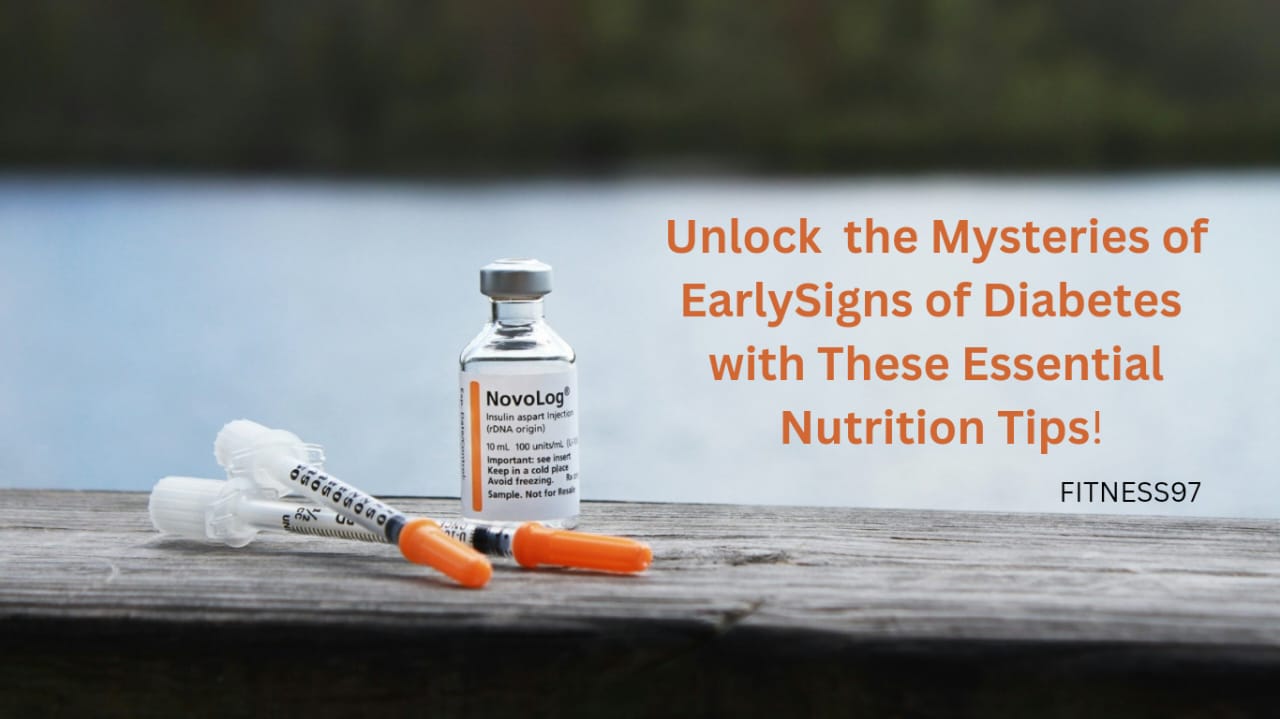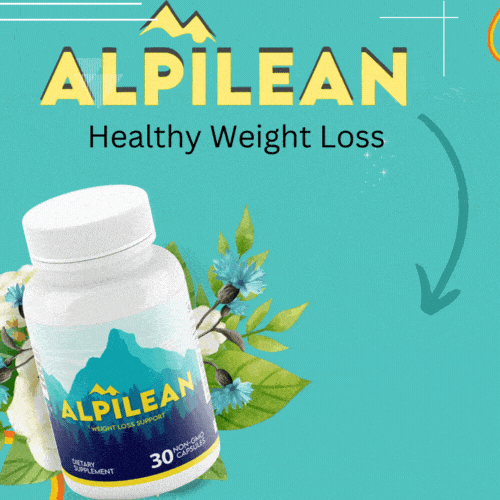Wait! What? Are we saying milk is bad for us? Is that even a possibility??? Ever since our childhood, the idea of perfect food is in sync with MILK. Even though we were not fond of its taste, one glass in the morning and one at night were mandatory. We grew up with the idea that milk makes bones strong. But, what if I tell you that milk can be bad for your health. Would you believe this?

Recently, the sudden rise in plant-based milk consumption has raised questions over the integrity of milk and its dairy products. Companies selling dairy products use extensive marketing budgets to keep their items running, and the truth, that how dairy has been affecting our health, gets concealed beneath those shiny ads. In this article, the top most reasons will be enlisted that’ll convince you to avoid dairy.
Milk and its by-products
Both milk and its dairy by-products are widely produced and distributed around the globe for millennia. People consume milk and its products more than any other food item. Cheese, butter, cream, and condensed milk are a few to name that are used at large in every other dish. People have been consuming these products without even realizing the risks they’ve been getting closer to, due to the dairy products. Though the benefits of milk are still out there, its negative effects cannot be ruled out.
The nutritional profile of milk
Milk carries several important nutrients for health, like Calcium, Magnesium, Potassium, Folate, Phosphorus, Protein, Zinc, Vitamin A, and B-12. If it has much nutritional value, then why is milk bad for you? Why is it considered bad for health? It’s because the value of its content tops the other fatty products. It includes both saturated and unsaturated fats along with cholesterol. Other health-damaging conditions have also been observed due to the consumption of dairy products. So, a question must’ve popped up in your mind, how come dairy is not good for health? Why is it bad?. Well, we will be listing out the negatives of dairy consumption.
Negatives of dairy consumption
Negatives of dairy-based products supersede their positive attributes. What they cause is:
Cheese Addiction: Addiction is the cage, whether it is of any drugs or of any food item. Consumption of cheese on a daily basis raises the level of dopamine, which increases the cravings from time to time.
Osteoporosis: But we drink milk to avoid osteoporosis, how come it can be the cause? Well, scientists have to differ from our beliefs. Recent studies showed that D-galactose in the milk can cause a high rate of bone fractures. Other than that, after consuming acidic food products like Cheese, our body consumes calcium from bones to neutralize the acidic nature of such products. So, you see, what’s happening here? Whatever we consume to have calcium is the one taking it from us.
Increased risk of cancer: Intake of dairy products has been linked with breast, ovarian, and prostate cancer. Researchers suggest that casein in milk is a significant promoter of cancer. Raised levels of estrogens in milk are also referred to as the cause of cancer.
Cardiovascular diseases: Being a top source of fat, excessive consumption of milk and dairy can raise the cholesterol level, which increases the chances of stroke and heart diseases.
Lactose intolerance: The type of milk that has been highly consumed is cow’s milk. Lactose in cow’s milk is higher than in any other milk. According to an estimate, around 70-75% of people around the world have been diagnosed as “Lactose intolerant”.
Acne: Studies suggest that milk influences the working of hormones in our body, which might result in severe acne issues.
Unwanted consumption of hormones and antibiotics: To meet the demand for dairy products, breeders stress their cows with mass production by injecting growth hormones and antibiotics to prevent any infection. How these hormones might affect our health, we can never be sure.
Environmental concerns and animal cruelty: The world is becoming more and more aware of animal cruelty. Stressing cows to produce large quantities of milk and slaughtering them when they aren’t profitable anymore, or cannot lactate, isn’t humane. Another alarming factor is environmental pollution. Greenhouse gases are used at large to raise dairy cows and the waste of a dairy farm pollutes the air and water.
Do we have any alternative to milk?
Of course, we have. Plant-based alternatives like soy milk, almond milk, coconut milk, rice milk, and oat milk are the ones people have been getting crazy about and consuming to compensate for the needs of calcium and vitamins. These kinds of milk boost the level of calcium and are low in carbs with essential fatty acids. Pinto beans, molasses, tempeh, tofu, bok choy, soybeans, kale, and turnip greens are also some calcium-rich alternatives.
Conclusion
Milk isn’t essentially bad for your health if it’s in its organic form and free of unwanted hormones, excess of saturated fatty acids and the adulterations. But deciding if it’s best for our health or not, merely on its color or labeled nutrients, is not an easy task. The risk still lingers there. To avoid the stress of choosing, why not switch to plant-based alternatives? which provide equal nutritional value, substitute for the healthy and balanced diet and most importantly, are environment friendly. Try cutting back on dairy products, and see the wonders your body will experience.

I look up to fitness as a lifestyle and love to pen down about it. I have 2 years of experience in content writing and I am here to share my research and knowledge on health and fitness.













